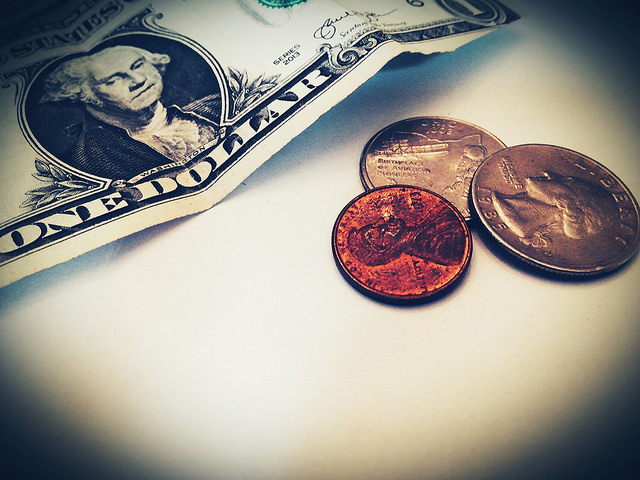Nobody likes paying taxes. Just the thought of it can be stressful – especially if you’re among the filers who will owe money to the IRS. The good news, though, is the vast majority of us, rather than owing money, will receive a tax return. In fact, according to recent numbers, about 75 percent of us will get money back after filing our taxes. And the average return is pretty sizeable. In fact, it’s just over $3,500. So, if you’re among the tax filers who’s expecting a check from the IRS, what do you plan to do with it? One way to get the most out of your tax return is to put it toward buying a house. Coming up with a down payment can be difficult, and particularly in a housing market that’s seen home prices continue to climb. But with an average tax return, you could quickly get a lot closer to your goal. Think of it this way: If you’re buying a home at the current average price of around $375,000, a $3,500 tax return makes up about a fifth of what you’d need for a five percent down payment. That’s a pretty big boost to your down payment savings. Not to mention, if you use your tax return to buy a house, you’re investing the money and getting more out of it than you would’ve had you used it for a beach vacation or a luxury purchase. (source)













